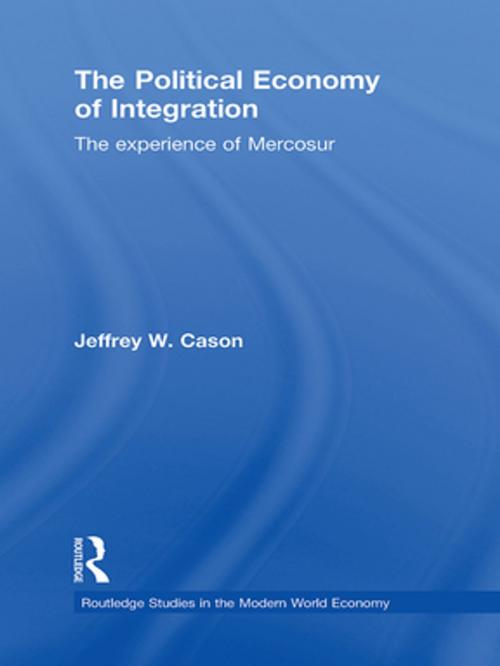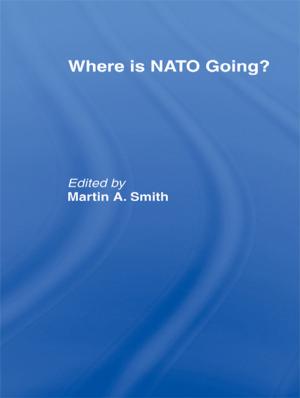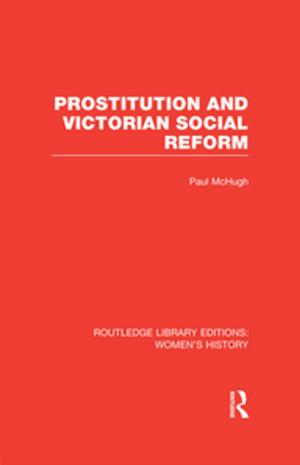The Political Economy of Integration
The Experience of Mercosur
Business & Finance, Economics, International Economics| Author: | Jeffrey W. Cason | ISBN: | 9781136932991 |
| Publisher: | Taylor and Francis | Publication: | October 4, 2010 |
| Imprint: | Routledge | Language: | English |
| Author: | Jeffrey W. Cason |
| ISBN: | 9781136932991 |
| Publisher: | Taylor and Francis |
| Publication: | October 4, 2010 |
| Imprint: | Routledge |
| Language: | English |
This book assesses South America’s most ambitious attempt at economic integration, Mercosur. It explains the main—and inherent—weaknesses of the integration effort, through explicit comparison with the European experience with integration. Jeffrey Cason argues that the three main reasons for Mercosur’s limited success are weak domestic political institutions in the member countries, vulnerability in the global political economy, and a serious imbalance in the economic and political weight of the member countries.
In addition to providing this overarching explanation for Mercosur’s limitations, the book tells the story of Mercosur’s genesis, development, and frustrations. This book provides both an explanatory framework for understanding Mercosur and a story. It considers how Mercosur emerged, why it was greeted with great enthusiasm (and huge trade growth), and how it hit stumbling blocks as it sought to be more than it was capable of being. The book also focuses on how and why developing countries are inherently limited in any economic integration project.
This book assesses South America’s most ambitious attempt at economic integration, Mercosur. It explains the main—and inherent—weaknesses of the integration effort, through explicit comparison with the European experience with integration. Jeffrey Cason argues that the three main reasons for Mercosur’s limited success are weak domestic political institutions in the member countries, vulnerability in the global political economy, and a serious imbalance in the economic and political weight of the member countries.
In addition to providing this overarching explanation for Mercosur’s limitations, the book tells the story of Mercosur’s genesis, development, and frustrations. This book provides both an explanatory framework for understanding Mercosur and a story. It considers how Mercosur emerged, why it was greeted with great enthusiasm (and huge trade growth), and how it hit stumbling blocks as it sought to be more than it was capable of being. The book also focuses on how and why developing countries are inherently limited in any economic integration project.















